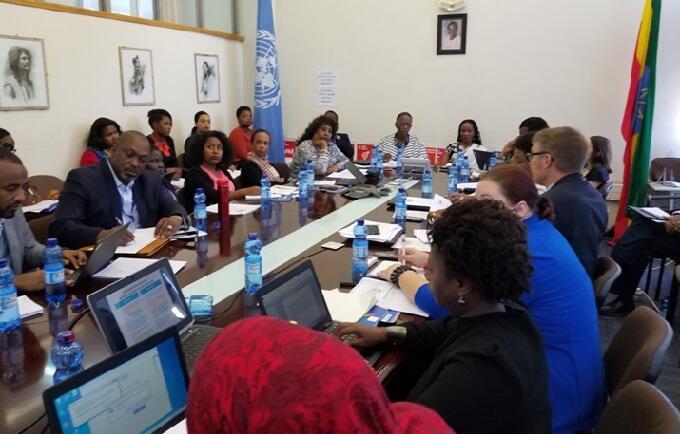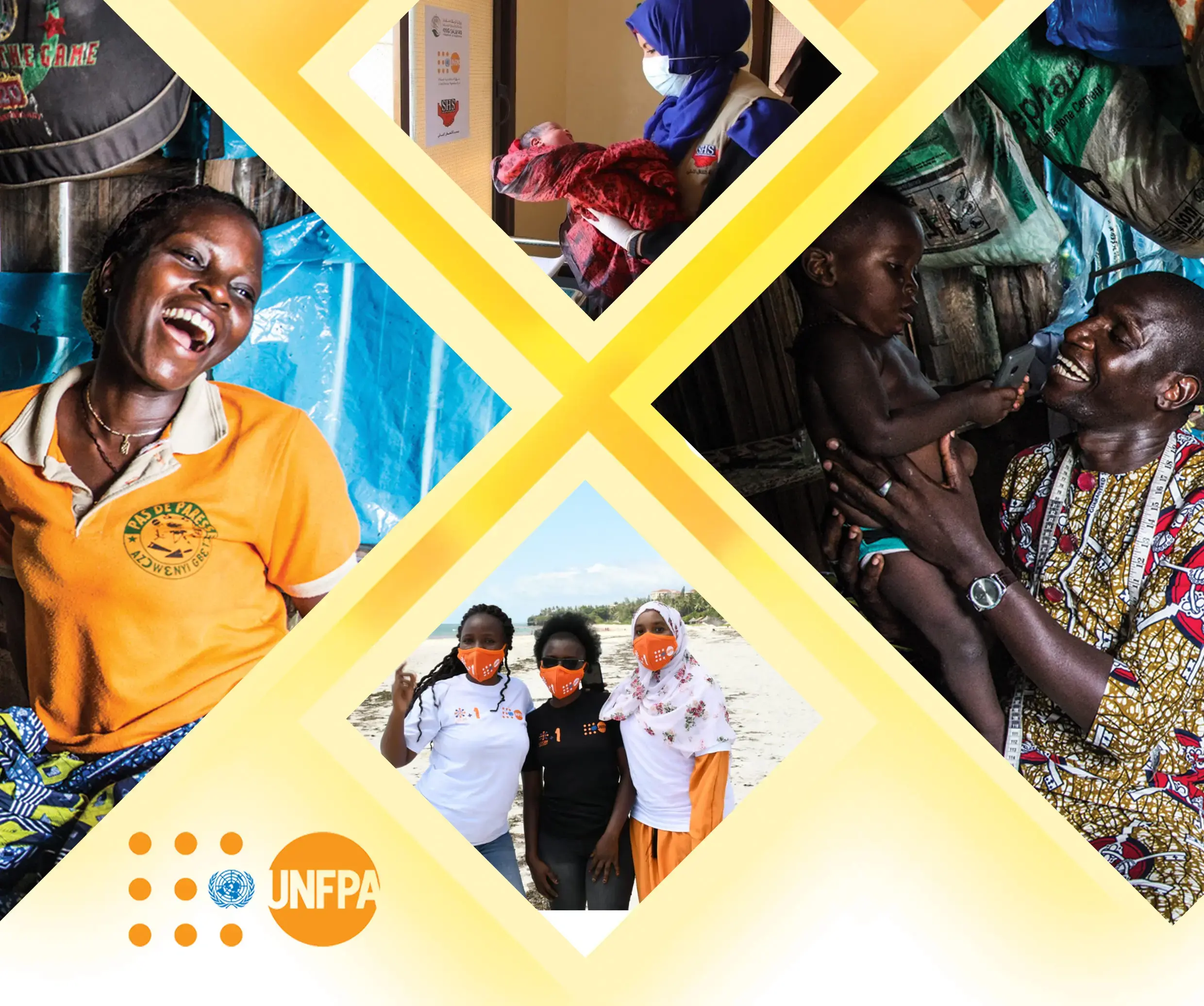Gender equality is a fundamental human right and an integral part of economic growth, and social and sustainable development. Societies can attain full potential when they empower women and girls, and remove all obstacles to allow their full participation in all areas of human endeavour.
Despite commitments, policy frameworks and efforts made by Member States and partners towards improving the situation of women and girls, gender inequality still persists in every sphere society. These realities are expounded in different global and continental instruments – in the aspirations and goals of Agenda 2063, and 2030 Agenda for Sustainable Development. Aspiration 6 of the Agenda 2063 specifically envisions “an Africa where development is people-driven, unleashing the potential of its women and youth”.
In line with AU Assembly decisions on aligning policies with Agenda 2063, the African Union Commission (AUC) has drafted a 10-year Gender Strategy, which will run through 2018 – 2027. This draft Strategy has been reviewed by different groups of stakeholders including among others civil society organisations (CSOs), rural women and the United Nations (UN).
The UN Consultative Meeting on the Draft AU Gender Strategy took place on 16th of November 2017, organized by UNECA, UNFPA and UN Women under Cluster 5 “Gender Equality, Empowerment of Women and Youth” of the Regional Coordination Mechanism for Africa (RCM-Africa). This forum was attended by more than 30 participants from UN agencies and the Women, Gender and Development Directorate of AUC. The meeting reflected on the draft Strategy including gaps and provided recommendations for consideration. During this meeting, the UN family also expressed commitment to work together with AUC on popularization and implementation of the Strategy by ‘delivering as one’ to contribute towards achieving both the continental and global development agendas.




